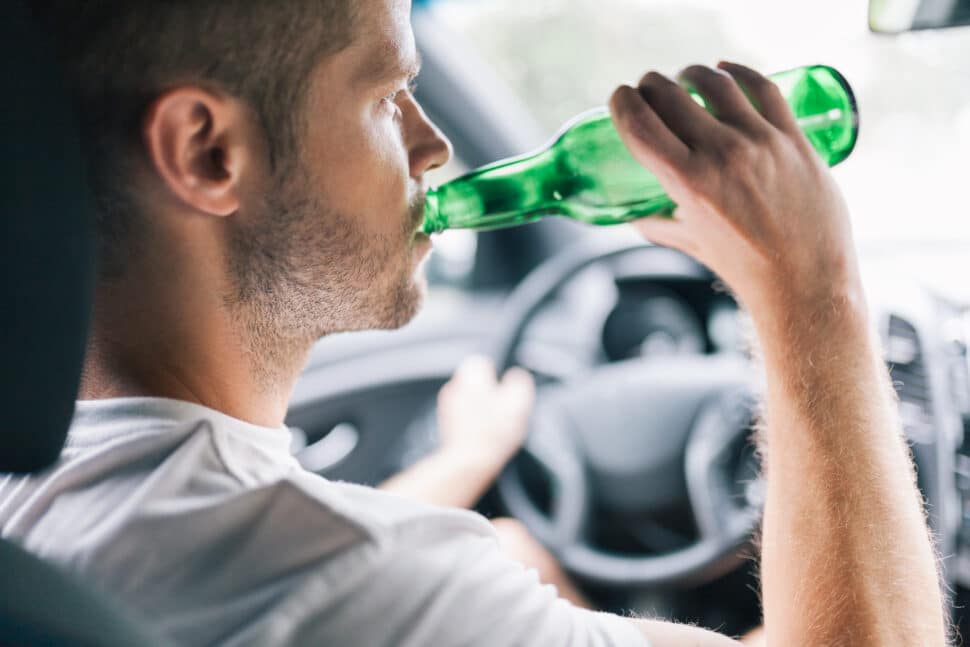In the United States, it is illegal to drive while under the influence of alcohol or any other controlled substance. Being charged with or convicted of DUI will have significant ramifications on your future, including your career, employment opportunities, and finances.
In the majority of U.S. states, you will be arrested for DUI if caught operating a vehicle while impaired or with a blood alcohol level (BAC) over 0.08 percent. For a first-time DUI offense, the consequences can include fines, jail-time, driver’s license suspension, and mandatory participation in a DUI screening and therapy program.
What is DUI Screening and Evaluation?
Most states require persons convicted of DUI to undergo a substance abuse examination. Moreover, DUI offenders who want to participate in diversion and deferred sentencing programs to avoid conviction are also required to submit to screening and evaluation.
DUI screening and counseling programs are designed to assess, educate, and treat individuals who may have drug or alcohol use disorder. These evaluations are conducted to find out any underlying reasons that lead a person to drive under the influence. The evaluations are carried out by state and MVD-approved organizations, but standards may differ from one state to another.
The goal of DUI screening is to determine the extent of an individual’s alcohol abuse or dependence and identify the best courses of action to address the problem and help them avoid DUI recidivism.
Following the screening, the specialist will propose a course of treatment, which typically includes DUI school that can attend in-person or through a DUI class online. The judges may also use the findings from the evaluation in establishing a reasonable sentence for the offender.
How Much Does DUI Screening Cost?
The offender will have to bear the expenses of his or her screening and treatment program. DUI screening and evaluation typically costs between $100 – 150, paid to the agency conducting the evaluation.
If, based on the findings from the assessment, the court or DMV warrants the offender to participate in a DUI education and treatment program, he or she can expect to pay at least $1000 for the program. The cost could be substantially higher, depending on the length and level of treatment required.
What to Expect During the DUI Evaluation Process?
A court-ordered DUI evaluation often entails a lengthy interview with a behavioral health professional or behavioral health technician. The interview can last anywhere between 30 minutes and three hours.
During the screening, the behavioral health specialist conducts an in-depth personal interview and evaluates the offender’s substance abuse and criminal history, driving records, and the arrest report. There are also instances where the offender is obliged to submit to a drug and alcohol urine screening.
The treatment provider will then suggest an appropriate treatment program based on the results of the assessment and data gathered from supporting documents.
What Happens After the Assessment?
If the evaluation concludes that the DUI offender does not suffer from substance abuse disorder or addiction and the DUI is a result of a momentary lapse of judgement, no further treatments will be required.
However, if the assessment determines that the offender has a substance abuse problem, the evaluator will make a treatment recommendation. The types of treatment programs vary by state, but they usually incorporate counselling, assessment, and risk reduction into the curriculum.
A DUI offender may be required to attend/complete any or all of the following, depending on the state’s laws and recommendations made by the evaluator:
- Inpatient or outpatient treatment program
- Individual or group treatments sessions
- DUI classes, either face-to-face or DUI classes online
- Random drug or alcohol testing
- Alcoholics Anonymous or Narcotics Anonymous meetings
Generally, the more severe the substance abuse problem, the longer and more intensive the treatment will be.
What If You Fail to Complete Mandated DUI Screening, Evaluation, and Treatment?
Failure to complete a DUI screening and/or treatment program can have grave consequences and may result in a harsher sentence or revocation of the offender’s qualification to the diversion program. Also, the Department of Motor Vehicles normally will not reinstate the driving privileges of a DUI offender until he or she can produce proof of successfully completing the required evaluation and/or DUI education and treatment programs.
About the Author
Lauren Kunis is the Content Marketing Strategist for Stonewall Institute, an outpatient alcohol and drug treatment center that focuses on a holistic, individualized approach to addiction recovery. She loves reading books, travelling, and going on hiking adventures with her dog Max.
